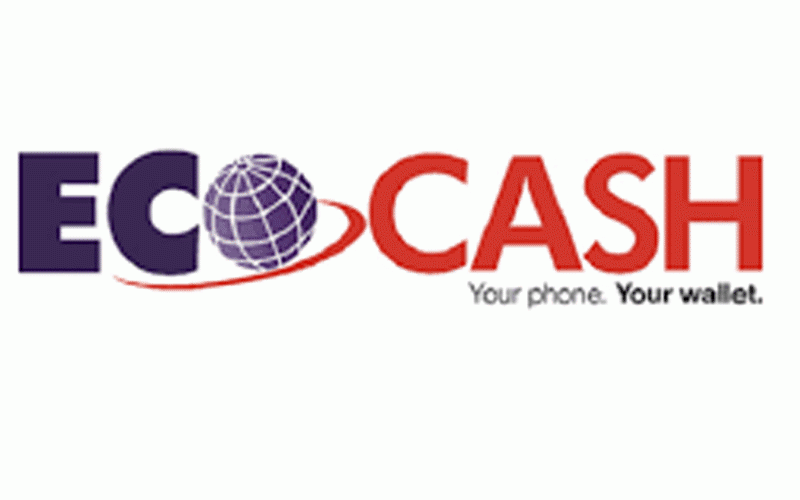
EcoCash, Zimbabwe’s largest mobile money platform, has increased its transaction limits by an average of 230%, allowing wallet holders to send money, pay bills or buy goods and services with greater ease.
According to a transaction schedule released by the company, mobile money users can now send up to $350 000 a month, up from $280 000. The daily limit for sending money has also gone up to $75 000, from $10 000.
The additional good news to customers is that they can now also send up to ZW$350 000 in four batches of $75 000 in a day.
At the same time, transaction limits for merchant payments have been increased by 50%, to $600 000 per month. The limit was previously set at $400 000 per month.
EcoCash customers who want to exhaust the $600 000 limit in one day have also been given the latitude to do so by conducting four successive transactions of $150 000. This followed the upward revision of the daily transaction limits for merchant payments from $50 000 to $150 000.
The latest development will come as good news to mobile money users who had previously complained that the transaction limits were too low considering the pace at which price of goods and services was rising in the country.
According to Zimstat, the Total Consumption Poverty Line (TCPL) for Zimbabwe stood at $27,297.53 per person in September 2022, translating to ZW$136,487.65 (about US$219.78) for a family of five.
“This means that an individual required that much to purchase both non- food and food items as at September 2022 in order not to be deemed poor. This represents an increase of 2.5 percent when compared to the August 2022 figure of $26,622.83,” said Zimstat.
- Mavhunga puts DeMbare into Chibuku quarterfinals
- Bulls to charge into Zimbabwe gold stocks
- Ndiraya concerned as goals dry up
- Letters: How solar power is transforming African farms






